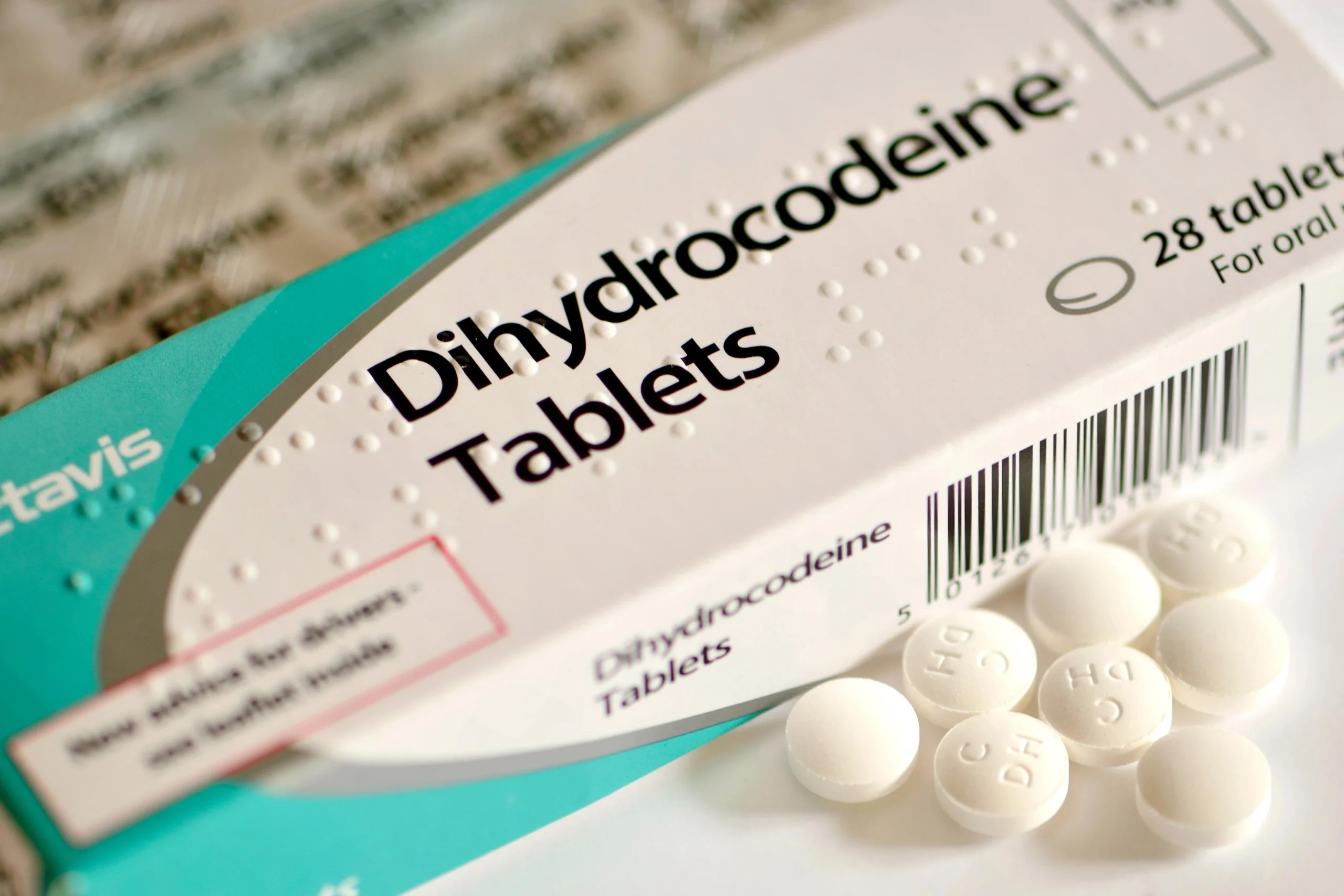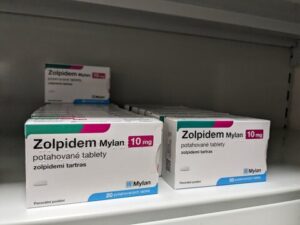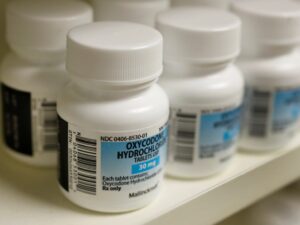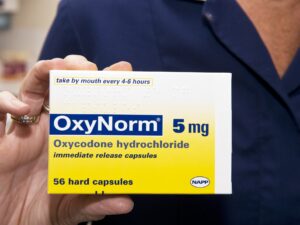What is dihydrocodeine?
Dihydrocodeine 30 mg is a pain reliever for moderate to severe pain. It may be prescribed when milder pain relievers like ibuprofen or paracetamol are ineffective.
Dihydrocodeine may be prescribed to treat pain associated with conditions such as sciatica (nerve pain in the back or legs) , joint and bone pain ( such as osteoarthritis and rheumatoid arthritis), neuralgia, pain caused by vascular disease, cancer, or post-operative complications.
The active ingredient is dihydrocodeine tartrate: each tablet is available in a 30 mg dose. Medicines with the names Remedeine, Paramol, and Co-Dydramol all contain dihydrocodeine with paracetamol.
How does dihydrocodeine work? | Dihydrocodeine 30 mg
Dihydrocodeine belongs to a group of medications called opioid analgesics, which includes drugs such as codeine phosphate and co-codamol, often sold under the brand name Solpadol.
Opioids work by mimicking endorphins, natural pain-relieving substances produced by the body in the brain and spinal cord, which help us feel less pain.
Dihydrocodeine acts on the same opioid receptors to block pain signals from being sent to the brain through the nervous system. Although it doesn’t treat the primary cause of pain, the user feels less pain.
Dihydrocodeine is related to codeine and has a similar chemical structure: in fact, it can be used as an alternative to codeine or for the conditions mentioned above. However, dihydrocodeine is twice as potent as codeine. It has a more euphoric effect and therefore greater potential for addiction.
How to use dihydrocodeine | Dihydrocodeine 30 mg
Dihydrocodeine should be taken with water, with or without food, as directed by your doctor. Adults should take one tablet every four to six hours (the maximum dose in a 24-hour period is six tablets).
The dose should be reduced in elderly patients and anyone with liver or kidney problems. This medicine is not recommended for children under 12 years of age. Your doctor will prescribe the correct dose for your patient.
If you miss a dose, take a tablet as soon as you remember. If it is almost time for your next dose, skip the missed dose and never double the dose to make up for a forgotten dose. Do not stop taking dihydrocodeine without first consulting your doctor.






Recensioni
Ancora non ci sono recensioni.